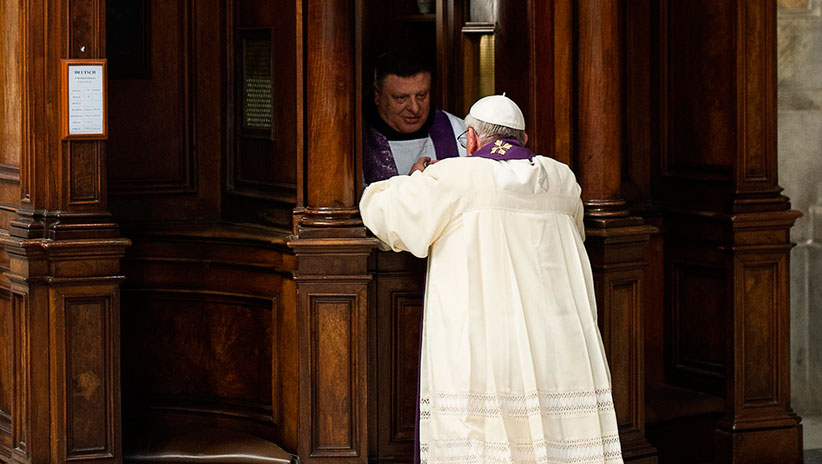“There is an appointed time for everything, and a time for every affair under the heavens,” says the third chapter of the book of Ecclesiastes. We can state that just as there is “a time to give birth, and a time to die; a time to plant, and a time to uproot the plant,” there is also a season to be healthy and another to be ill. Certainly, a considerable portion of our human nature consists of being wounded and lacerated by the struggles we face, the imperfections of our interpersonal relationships, and the numerous opponents to our physical and spiritual health and well-being. Fortunately, God has bestowed upon humanity the gifts of faith and medicine for our general health. The gift of faith fosters health and motivates us to surrender to God Almighty. In addition, faith constantly reminds us that the Lord not only desires our health and well-being, but also knows how to give us what we need, and can give it to us.
A reassuring example of how faith fosters health is present in the Gospel of Luke (Chapter 18, verses 35-43). “Now as [Jesus] approached Jericho a blind man was sitting by the roadside begging, and hearing a crowd going by, he inquired what was happening. They told him, ‘Jesus of Nazareth is passing by.’ He shouted, ‘Jesus, Son of David, have pity on me!’

The people walking in front rebuked him, telling him to be silent, but he kept calling out all the more, ‘Son of David, have pity on me!’ Then Jesus stopped and ordered that he be brought to him; and when he came near, Jesus asked him, ‘What do you want me to do for you?’ He replied, ‘Lord, please let me see.’ Jesus told him, ‘Have sight; your faith has saved you.'” This blind man’s faith in Christ healed him of his blindness.
Analogously, a good friend of mine that had been struggling for years with depression was healed because of her faith in Jesus. She commenced going to Church three years ago when it seemed that her “life [had] become totally meaningless.” I remember engaging in a conversation with her about her adversities and encouraging her to spend time before the Blessed Sacrament. She agreed and developed a prayer schedule to visit our Eucharistic Lord regularly during the weekdays. In addition, she approached the sacrament of reconciliation after years of not receiving absolution for her sins. She fervently prayed to God that He would have mercy on her and heal her. Today, she is one of the most joyful and peaceful people I know.



